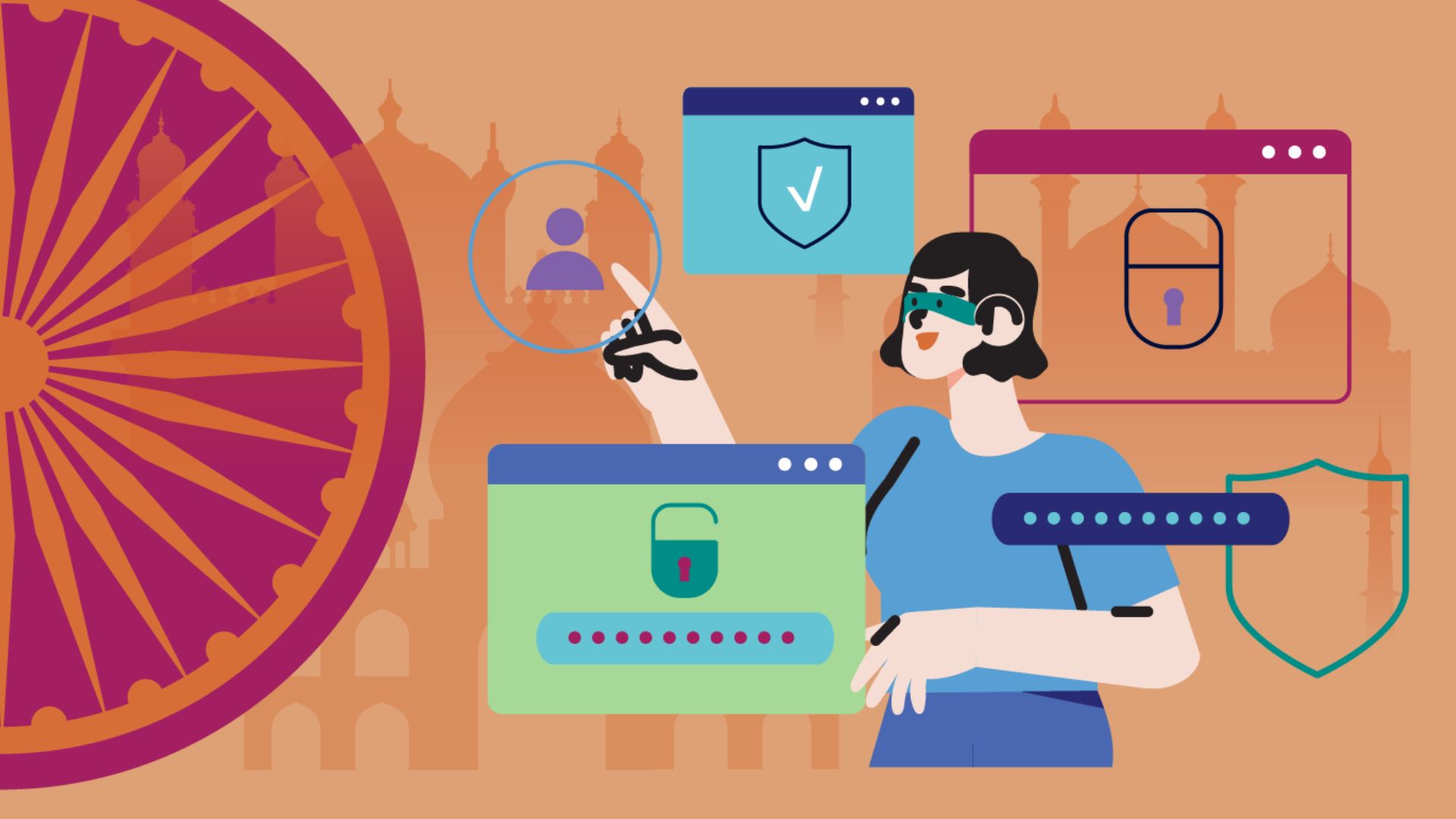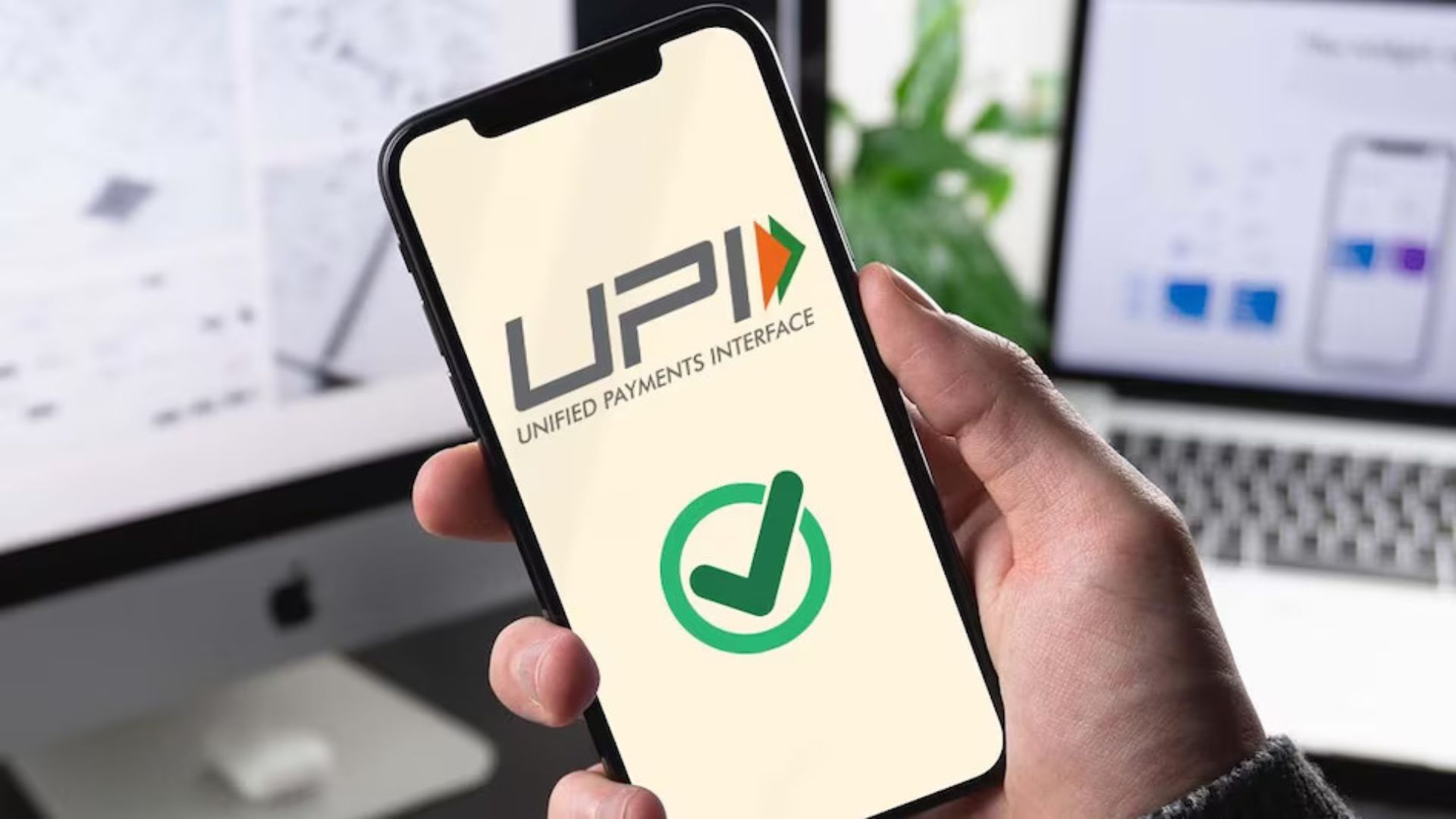
- By Shivani
- 24th September, 2024
- Banking
In the virtual age, banking scams have become increasingly more state-of-the-art, setting clients at risk of financial loss and identification theft. As the era continues to adapt, so do the procedures used by fraudsters to exploit vulnerabilities in the banking system. It’s critical for people to be aware of the most common banking scams and take proactive steps to defend themselves.
What Can Banks Do About Scams?
Banks play a vital role in safeguarding their clients’ financial facts and assets. They rent various security measures, along with fraud tracking systems, encryption, and two-component authentication, to come across and save you from scams. However, banks cannot do it on their own. Customers ought to additionally be vigilant and paint in partnership with their monetary institutions to fight banking scams.
Can Telephone Banking Be Hacked?
Yes, phone banking can be susceptible to hacking and scams. Fraudsters may use techniques like "vishing" (voice phishing) to trick clients into revealing sensitive records over the telephone. It’s critical to verify the legitimacy of any phone call from a purported bank representative earlier than offering any private or financial info.
Most Common Bank Frauds
Some of the maximum, not unusual banking scams encompass:
- Phishing emails or text messages
- Fake financial institution websites or cell apps
- Debit/credit card skimming
- Sim card swapping
- Malware and ransomware assaults
- Fake check scams
- Impersonation of financial institution personnel
- Unauthorized access to online banking debts
How to Prevent Frauds in Banks
To prevent banking scams, comply with the pointers:
- Be cautious of unsolicited cBy staying informed and taking proactive steps to defend your economic records, you can appreciably reduce the risk of falling sufferer to banking scams. Remember, vigilance and a healthful dose of skepticism are key to keeping the security of your difficult-earned money.
- alls, emails, or messages inquiring about private information.
- Verify the legitimacy of any verbal exchange from your bank earlier than responding.
- Use robust, unique passwords for all of your online debts and enable two-issue authentication.
- Monitor your bank statements and credit score reports often for any suspicious hobby.
- Be careful while the usage of public Wi-Fi networks for online banking or touchy transactions.
- Shred any files containing non-public or monetary statistics before discarding them.
- Report any suspected fraud or scams to your bank and the proper authorities immediately.
One technique fraudsters use to scouse borrow economic information is called SIM swapping or SIM hijacking. Here’s how it works:
- The fraudster gathers personal facts about the victim, along with their call, deal with, and make contact with range.
- They contact the sufferer’s cellular telephone provider and declare their SIM card is misplaced or damaged. They request a brand new SIM card be activated at the sufferer’s phone wide variety.
- Once the new SIM card is activated, the sufferer’s telephone will no longer paint, because the quantity is now related to the fraudster’s device.
- With manage over the sufferer’s cellphone variety, the fraudster can intercept one-time passwords and other authentication codes despatched through SMS to get entry to the sufferer’s online accounts, along with banking and economic bills.
- The fraudster can then scouse borrow cash from the sufferer’s money owed or open new accounts in their name.
To prevent SIM swapping, it is critical to be cautious about sharing non-public statistics, keep your touch info with your mobile company up to date, and allow additional protection functions like two-component authentication that don’t depend solely on SMS messages. If you note your telephone of suddenly stops running, contact your cellular company at once to report a potential SIM change.
How to Prevent Online Banking Frauds
To safeguard your online banking sports, don’t forget the following measures:
- Use a stable, up-to-date web browser and running system.
- Avoid getting access to your online banking account from public computer systems or unsecured networks.
- Enable alerts and notifications from your bank to stay informed about any suspicious pastime.
- Regularly replace your antivirus and anti-malware software to protect against rising threats.
- Be careful of any unsolicited hyperlinks or attachments, even if they seem like out of your bank.
By staying informed and taking proactive steps to protect your financial information, you can significantly reduce the risk of falling victim to banking scams. Remember, vigilance and a healthy dose of skepticism are key to maintaining the security of your hard-earned money.

